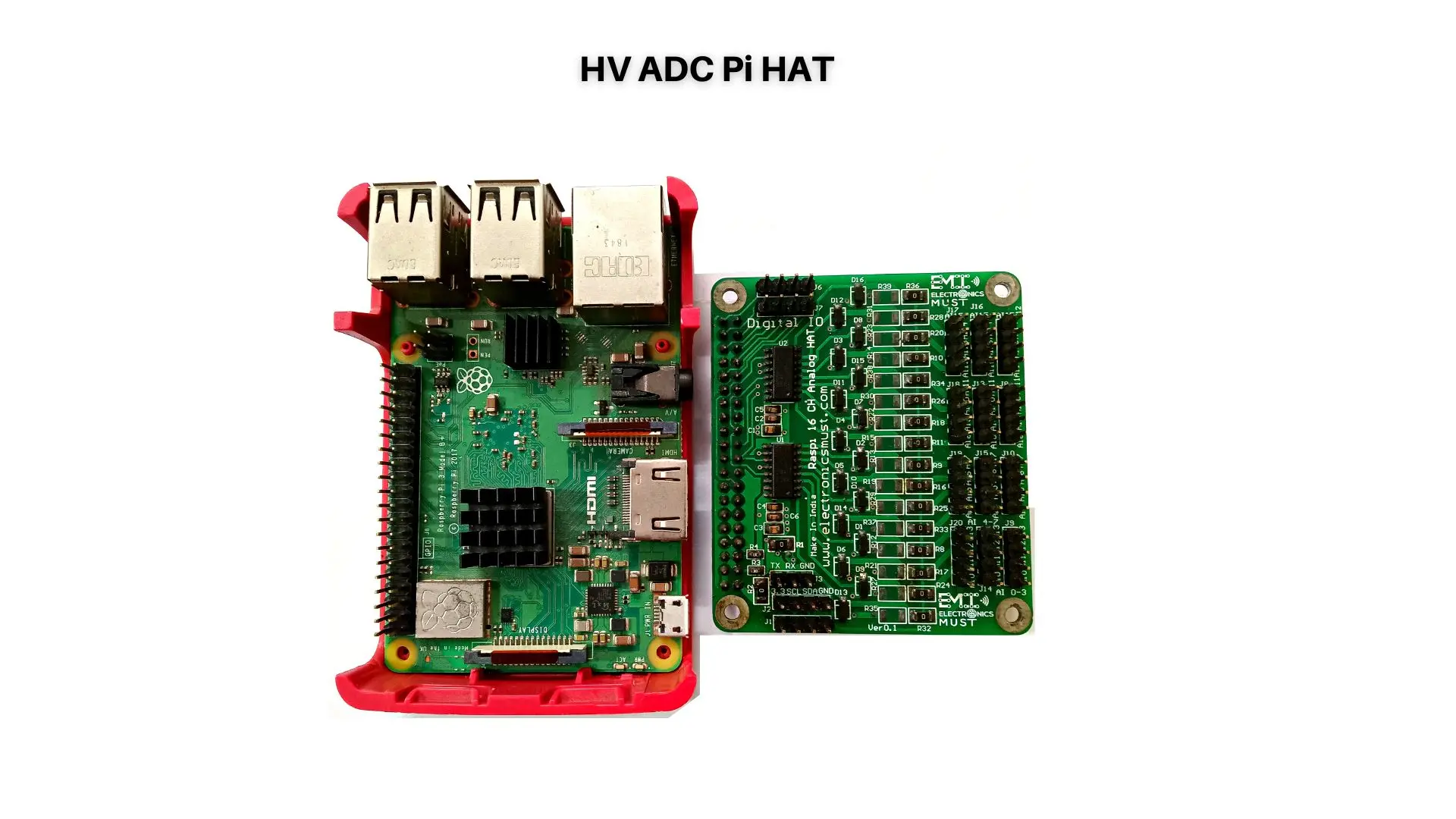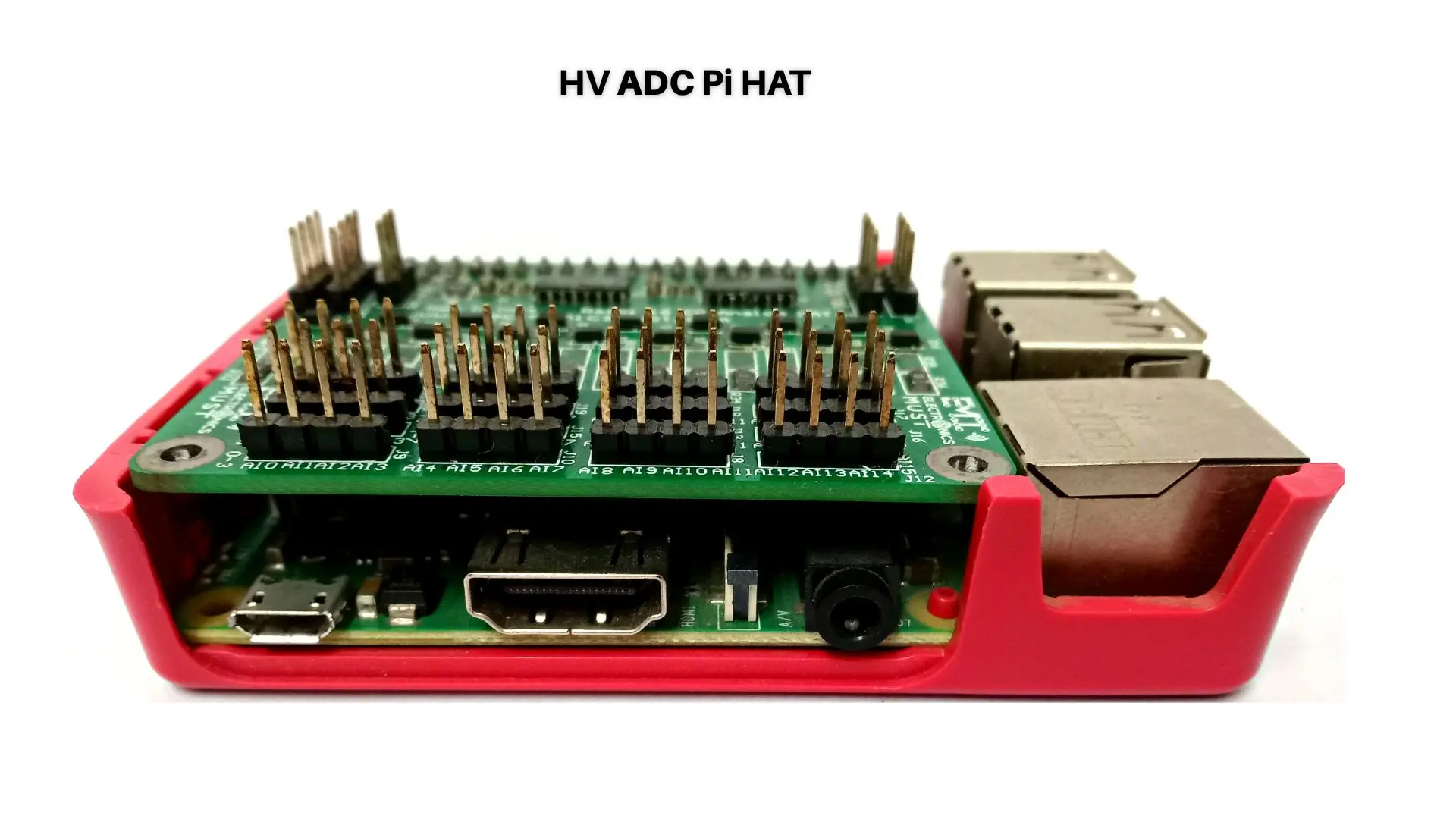When it comes to designing an Internet of Things (IoT) product, one of the most important considerations is choosing the correct battery. After all, the battery is what powers the device and keeps it connected to the network. With so many different types of batteries on the market, it can be difficult to know which one is the best fit for your device. In this article, we’ll take a look at some of the factors you should consider when selecting a battery for your next IoT product.
- First, you’ll need to consider the power requirements of your device. This includes the voltage and current required to run the device, as well as the amount of energy that will be consumed over time. You’ll also want to think about how often the device will be used, as well as the expected lifetime of the battery. All these factors will help you determine the overall power needs of your device and will help you select a battery that can meet those needs.
- Next, you’ll want to think about the form factor of the battery. IoT devices come in a wide variety of shapes and sizes, and the battery will need to fit into the device in a way that is both functional and aesthetically pleasing. You’ll also want to consider the battery’s weight and any other physical constraints that may be present.
- Another important factor to consider is the battery’s discharge rate. IoT devices typically have low power consumption, so you’ll want to choose a battery that can provide a steady supply of power for long periods. Lithium-ion batteries, for example, have a relatively low self-discharge rate and can hold a charge for extended periods, making them a great choice for IoT devices.
- Safety is also an important factor to consider when selecting a battery for an IoT device. Lithium-ion batteries, for example, can be prone to overheating and catching fire if they are damaged or handled improperly. You’ll want to choose a battery that has built-in safety features, such as over-discharge protection and temperature monitoring.
- Finally, you’ll want to consider the cost of the battery. IoT devices can be expensive to produce, and you’ll want to choose a battery that is both affordable and reliable. While it may be tempting to choose a cheaper battery to save money, it’s important to remember that a higher-quality battery will ultimately be more cost-effective in the long run.
In conclusion, selecting the best battery for your next IoT product requires careful consideration of a variety of factors. You’ll need to think about the power requirements of your device, the form factor of the battery, the discharge rate, safety, and cost. By taking the time to research and select the right battery, you can ensure that your IoT device will be reliable, efficient, and safe for users.
If you are developing a Battery based IOT product and looking for consultation, contact us
Read more similar articles:






